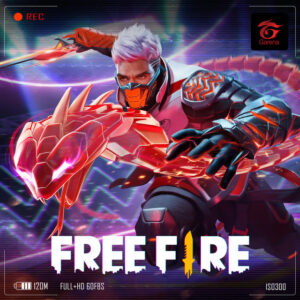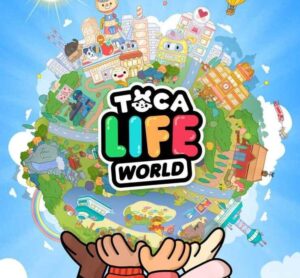Pokémon’s Distribution Disaster: Why the Shiny Legendary Giveaway is a Nationwide Mess
Popular Now
 CarX Street
CarX Street
 PUBG Mobile
PUBG Mobile
 Roblox
Roblox
 Candy Crush Saga
Candy Crush Saga
 Valorant
Valorant
 Free Fire Max
Free Fire Max
 Garena Free Fire: Kalahari
Garena Free Fire: Kalahari
 Schedule I
Schedule I
 Counter-Strike 2
Counter-Strike 2
 Free Fire
Free Fire
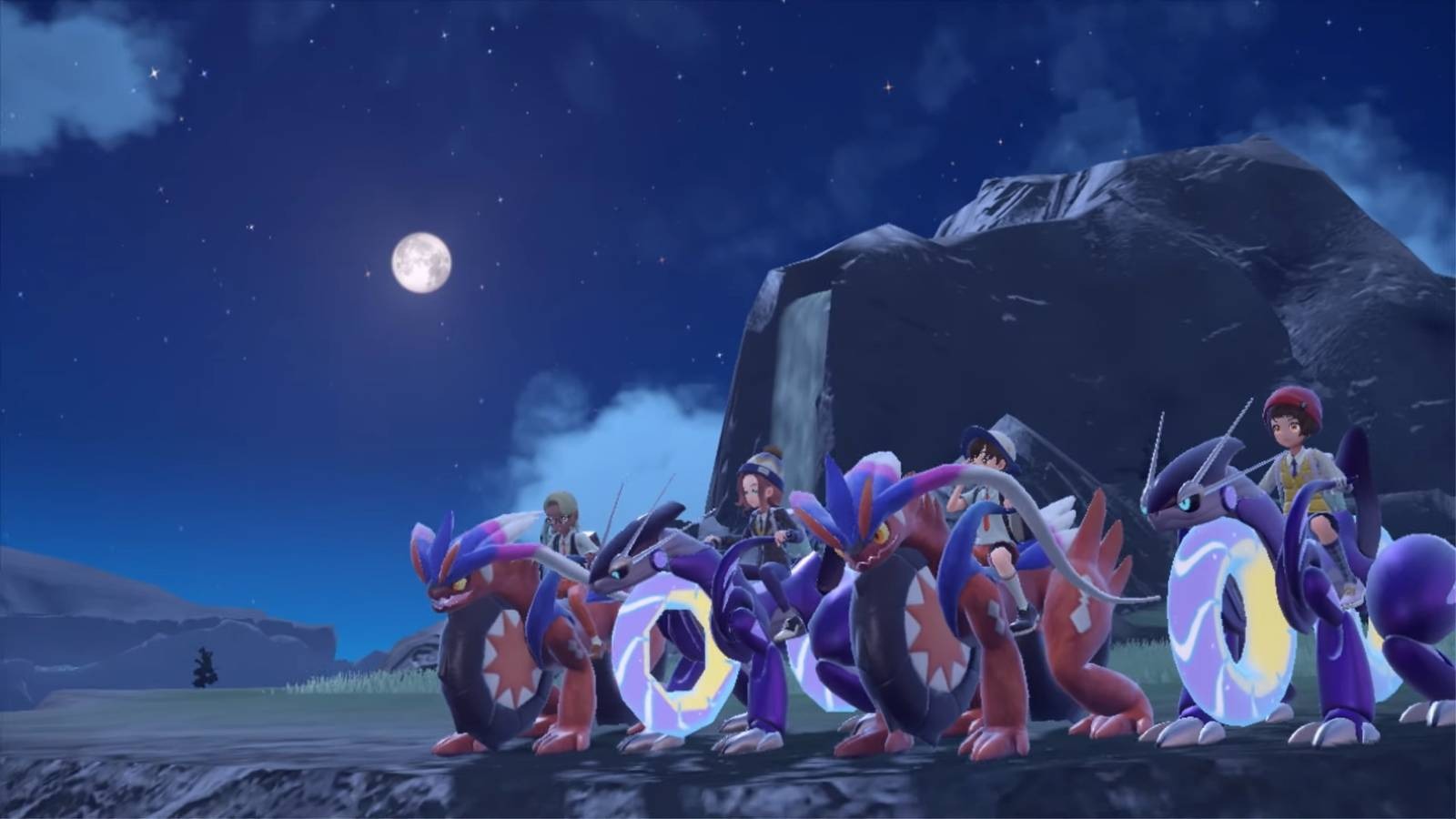 The Pokémon Company International’s physical distribution of Shiny Koraidon and Shiny Miraidon codes for Pokémon Scarlet and Violet has devolved into a massive community crisis, largely centered around GameStop stores in the United States. The event, which began on September 26, 2025, and is scheduled to run until October 16, promised fans the first-ever legal method to obtain the Shiny Legendary Pokémon, which are otherwise Shiny-locked in the games. However, a combination of severe code scarcity, poor communication, and rampant scalping has left countless dedicated players empty-handed and deeply frustrated.
The Pokémon Company International’s physical distribution of Shiny Koraidon and Shiny Miraidon codes for Pokémon Scarlet and Violet has devolved into a massive community crisis, largely centered around GameStop stores in the United States. The event, which began on September 26, 2025, and is scheduled to run until October 16, promised fans the first-ever legal method to obtain the Shiny Legendary Pokémon, which are otherwise Shiny-locked in the games. However, a combination of severe code scarcity, poor communication, and rampant scalping has left countless dedicated players empty-handed and deeply frustrated.
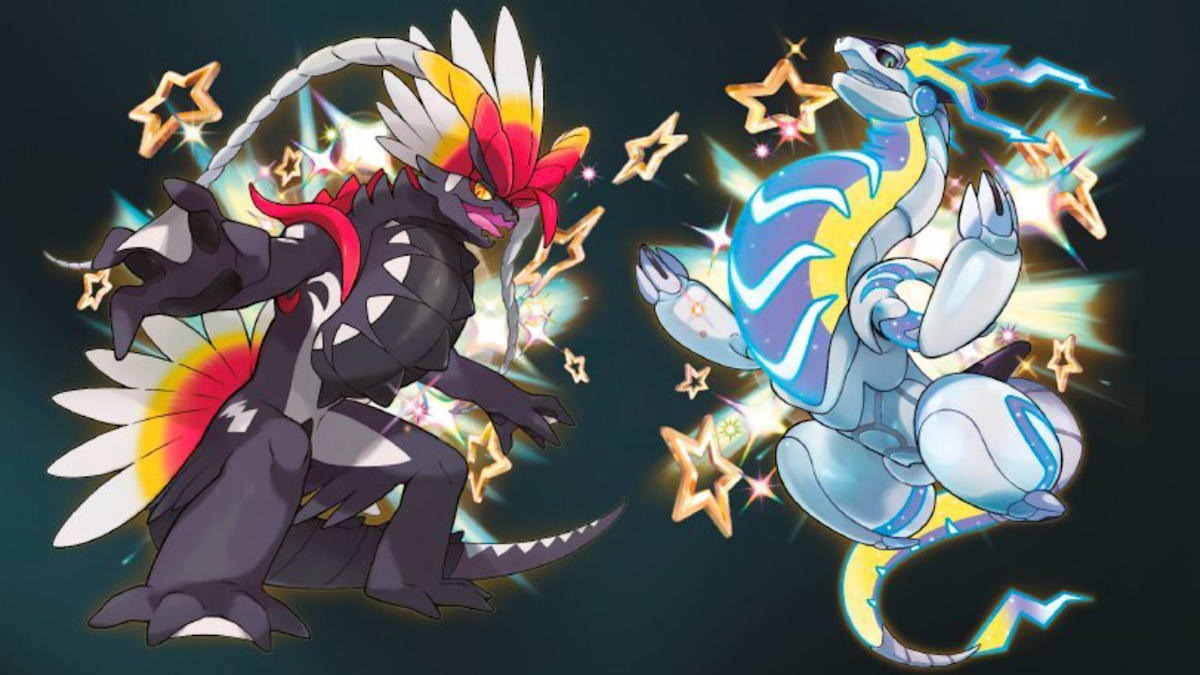 Artificial Scarcity Fuels High-Value Scalping
Artificial Scarcity Fuels High-Value Scalping
The core of the problem lies in the severely limited supply of distribution codes. Initial reports from numerous players across the country confirmed that many GameStop locations ran out of the physical code cards within the first hour of the promotion, a disaster compounded by the simultaneous release of the new Pokémon Trading Card Game set, Mega Evolution. This dual release created massive lines, with many TCG collectors also grabbing the free game codes, often with the express intent to resell them.
- Initial Code Shortage: Stores were reportedly given as few as 50 codes per location for the entire promotional period, a number critics deem “criminally shortsighted” for a highly anticipated, one-time distribution.
- The Scalper Effect: Codes for the previously unobtainable Shiny Legendary Pokémon quickly appeared on eBay and other resale sites, with prices reaching upwards of $35. The artificial scarcity created by the physical, limited-code distribution model has directly benefitted scalpers and left legitimate fans unable to acquire the free codes.
- Second Wave Fails: A subsequent “round two” of the giveaway, with codes printed directly on store receipts, did little to alleviate the crisis. GameStop confirmed that this second wave was still restricted to a hard limit of just 50 codes per store, solidifying the frustration over the persistent lack of supply.
The limited nature of the giveaway is seen by many as a cynical move to generate in-store traffic and create a false sense of urgency, a tactic that has backfired dramatically in the age of widespread online reselling. The high demand for these exclusive Pokémon highlights their significant monetary value on the secondary market.
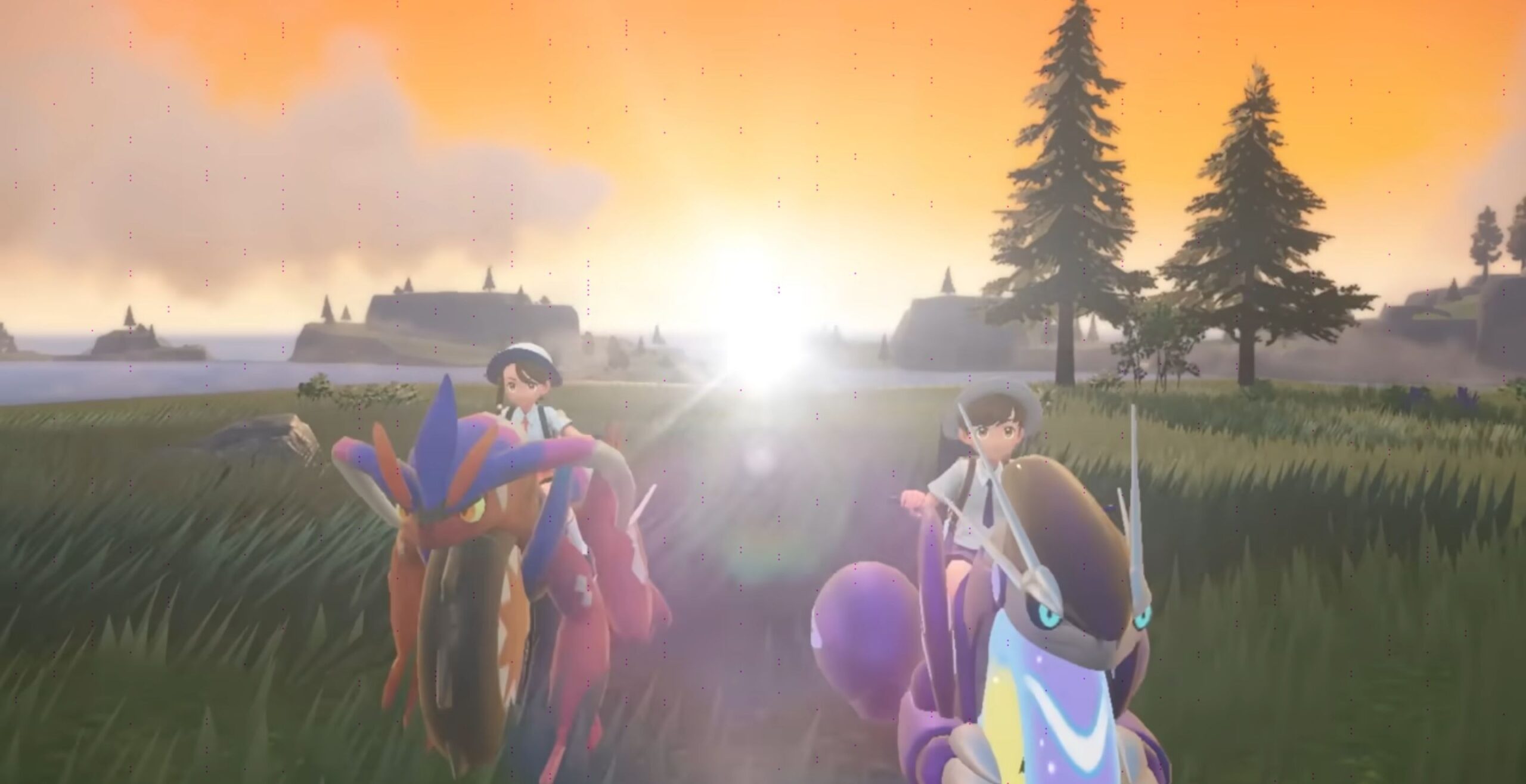 The Blame Game: GameStop vs. The Pokémon Company
The Blame Game: GameStop vs. The Pokémon Company
As fan outrage mounted, GameStop publicly pointed the finger at its partner. On social media, the retailer claimed that the decision to severely limit the number of codes per store was “Not our decision,” implying that the restriction came directly from The Pokémon Company (TPC).
The Controversy Over Distribution Model:
- Digital Solution Demand: The overwhelming demand has led to widespread calls for TPC to abandon the physical-code model entirely and transition to a simple Mystery Gift distribution over the internet, which would instantly negate the scalper problem and ensure global fan access.
- Regional Disparity: Adding to the chaos, distribution methods vary wildly by region. While the US relies on GameStop codes, players in Japan, South Korea, and some European regions have different, and in some cases, delayed or postponed events, underscoring the fragmented and flawed global rollout.
This ongoing debacle has cast a shadow over what should have been a celebratory event for the Nintendo Switch titles. For a franchise that prides itself on the motto “Gotta Catch ‘Em All,” the current event has made the pursuit of these sought-after Shiny Pokémon an exercise in frustration and a costly endeavor for players who refuse to support scalpers.
Fans are urged to submit official complaints to The Pokémon Company in hopes of a retroactive, open-ended digital distribution to make up for the debacle and finally deliver the rare Legendary Pokémon to all eligible players.





